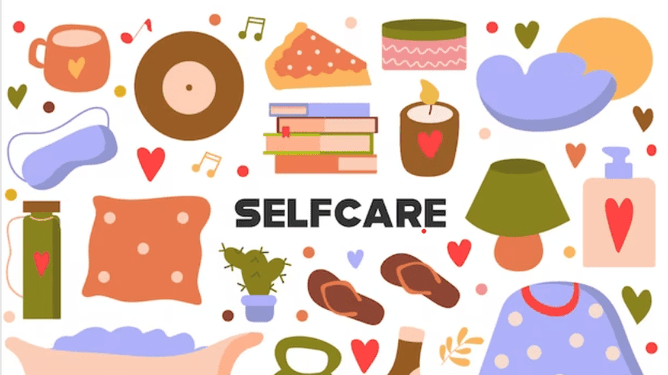Running a business together can quietly drain your energy, and your relationship. If you’ve been feeling stretched thin, this guide gives you a simple self-care-first routine to reduce burnout, set boundaries, and show up as better partners at work and at home.
TLDR - Self-Care Framework for Couples in Business
Set non-negotiable recharge habits (sleep, movement, reflection)
Ring-fence couple time (no ops talk)
Weekly “oxygen check” (energy, stress, support)
Define roles & boundaries at work/home
Ask for help early (mentor/coach)
The Oxygen Mask Rule for partners
When you put your own mask on first, you protect the partnership and the business. Running on empty leads to short tempers, poor calls, and preventable mistakes. When you’re resourced, you bring patience, clear thinking, and steadier leadership.
Use it day to day:
Protect one small daily refill: sleep, movement, or quiet time.
Keep a no-ops check-in so the relationship gets attention, not just the business.
Park big decisions until your “decision window” so you’re both in a better state to talk.
Why self-care matters for couple founders
Running a business together is rewarding, but it can also be tiring. The pace, decisions and constant problem solving take a toll if you never stop to recharge. When you look after your own energy first, you think more clearly, you listen better and you treat each other with more patience. That helps both the relationship and the business.
You already know the aeroplane message. Fit your own mask first, then help the person next to you. It is not selfish. It is how you keep everyone safe.
Benefits you’ll notice:
Fewer flare-ups and faster repair after disagreements
Clearer decisions with less second-guessing
More patience and empathy at home and at work
Better capacity for creative, long-term thinking
A simple 15-minute daily routine
This is an easy place to start. Keep it short and keep it consistent.
5 minutes for your body
Walk, stretch or breathe. Pick one small thing you will actually do.
5 minutes for your mind
Open a notebook and answer three prompts:
What drained me?
What gave me energy?
What matters most today?
5 minutes together
Sit down with a hot drink. No operations talk. Ask one connection question, like “What would make today feel successful?” Finish with one appreciation.
Tip: put this in the calendar like any other meeting.
Boundaries that protect your marriage and your margins
Boundaries are simply agreements. Start with one or two.
No work talk at the dinner table or in the bedroom.
Choose a daily window when you discuss hard decisions. Outside that window, park it.
If a topic loops twice, schedule a time for it or bring in a neutral third person.
At home, end the day with a short “close the book” moment. At work, write down who decides what. Clarity removes friction.
The weekly oxygen check
On Friday, take 15 to 20 minutes together.
Energy: 0 to 10, where am I at, and what would lift me by one point
Stress: what feels heavy, and can we remove, defer or delegate it
Support: what do I need from you, and what can I offer you
Wins: one thing that went well this week
Copy these four lines into a shared note and reuse them.
When to get help
Consider outside help if the same conflict returns week after week, if decisions stall, or if either of you feels unseen or unsafe to speak openly. A short piece of guidance can reset roles, routines and decision rhythms before frustration hardens into resentment.
At ekoYOU we often start with an Alignment Map to spot stress leaks and role confusion. The Alignment Kickstarter is a short programme that helps you set new habits and agreements. Ongoing coaching is there to keep you steady and accountable.
FAQs
Is self-care selfish when the business needs me?
No. It is maintenance. When you are resourced you make better calls and avoid costly blow ups.
How do we stop bringing work fights home?
Use a daily decision window at work and a short close-the-book ritual at home. Park topics outside the window and come back to them when you are both ready.
What is the easiest boundary to start with?
A 15-minute, no-ops daily check-in. No devices. One question. One appreciation.
When should we involve a coach?
If a conflict repeats, if decisions keep stalling, or if either of you feels unsafe speaking openly, bring in a neutral coach sooner rather than later.
Ready for your next step
If you are feeling stretched thin, book a free 20-minute Alignment Check-in. Or try the Alignment Map to spot your top stress leaks in about ten minutes.



